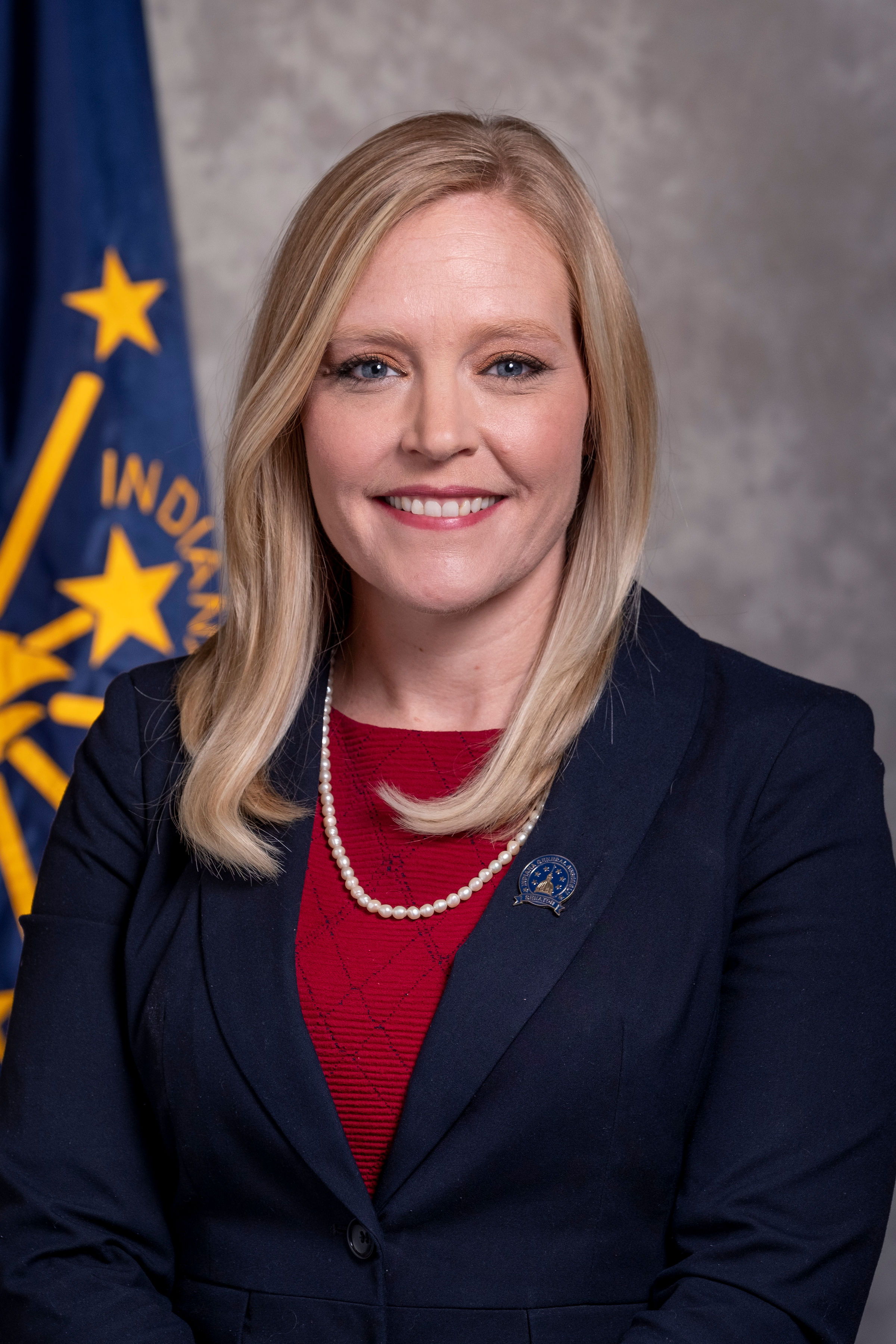
Although our federal government is plagued by partisan gridlock and grandstanding, that is not always the case at the state level — at least not here in Indiana.
Indiana has been and continues to be a national leader when it comes to good governance and common-sense solutions, and I am proud to play a small role in affecting positive change as a member of the Indiana State Senate.
As a Republican, I am certainly pleased that our party holds supermajorities in both the State Senate and House of Representatives. However, that does not mean we don’t work together with our colleagues across the aisle. As of the halfway point of the 2019 legislative session, 218 bills were passed by the State Senate. Of these bills, 57 percent passed with unanimous support, and 89 percent passed with bipartisan support. Good policy is good policy, no matter who it comes from or with which party the author is affiliated.
Over the past decade, Indiana has consistently enacted honestly balanced budgets each biennium, while cutting taxes and eliminating two-thirds of our total state debt. We passed a Balanced Budget Amendment, which was ratified by Hoosier voters during a 2018 referendum, and eliminated the inheritance tax and other costly financial burdens. We put our fellow Hoosiers first, and the results speak for themselves.
Good policy is good policy, no matter who it comes from or which party the author is affiliated with.
For instance, Indiana’s wage growth has been consistently improving, and when our low cost of living is taken into account, Hoosiers are better off than workers living in other states whose wages are higher on paper.
Additionally, the 2019 State Business Tax Climate Index from the Tax Foundation once again ranked Indiana as having the No. 1 tax climate in the Midwest and among the top 10 nationally. Furthermore, CNBC’s America’s Top States for Business 2018 ranked Indiana No. 2 in the nation for infrastructure, No. 4 for business friendliness, and No. 5 for lowest cost of doing business. We maintain the highest possible ‘AAA’ credit rating, and incidentally, a 2017 report from U.S. News and World Report ranked Indiana No. 1 for government efficiency and No. 1 for budget transparency.
With all of that said, Indiana is not without its challenges, and there is room for improvement. Good governance requires us to understand where this improvement is needed and to take action on these fronts.
One of the top issues I frequently hear about as a Senator from a rural district in southern Indiana is the lack of affordable and efficient high-speed internet access. While broadband accessibility may not be a concern for all districts in all states, it is for many of the people I represent. Since my election in 2014, I have made it a priority to author legislation intended to bridge the digital divide between our communities and have worked with my colleagues and the governor to make changes that leave a lasting impact on Hoosiers.
Over the past decade, Indiana has consistently enacted honestly balanced budgets each biennium, while cutting taxes and eliminating two-thirds of our total state debt.
During the 2018 legislative session, I authored and passed legislation to create a broadband grant program, allocating funds to qualified broadband projects in unserved areas. Provisions in this legislation will ensure grant funds are first allocated to unserved areas, bringing vital services to those who need it most. This was not an easy bill to get passed, but through collaboration with other legislators and stakeholders, we made it happen — with broad bipartisan support in both chambers. Since the passage of this legislation, the executive branch has also taken action, with the Office of the Lieutenant Governor announcing the hiring of a director of broadband opportunities, along with several other broadband grant programs and allocations.
Adding voices and opinions to the legislative process sometimes causes bills to end up differently than how they were introduced, and that’s not a bad thing — working collaboratively with Republicans and Democrats in both the Senate and House often leads to better policy in the end. It is impossible to give everyone exactly what they want on any given topic, but it is our duty as elected officials to understand all viewpoints and make informed decisions with as much information as possible.
My colleagues and I work relentlessly toward the best policy without worrying about who gets the credit — as long as Hoosiers see the benefits. I think Washington, DC, could take a lesson from this Hoosier common-sense approach.
Erin Houchin is a State Senator from Indiana’s 47th District.




